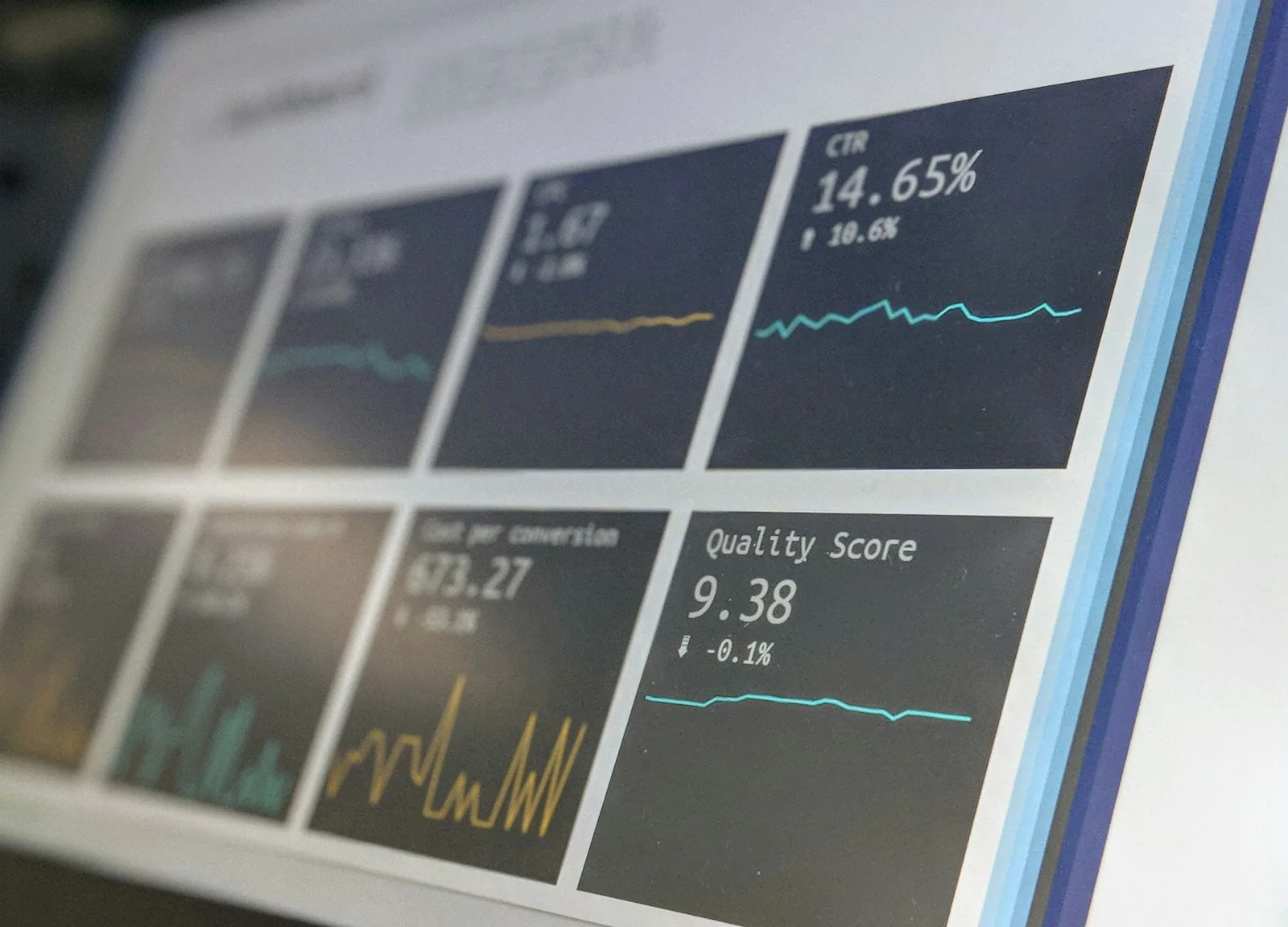Career Path Spotlight: Data Science
Data science has emerged as one of the most dynamic and influential fields in the 21st century, driven by the exponential growth of data and the need for sophisticated data analysis to make informed decisions. This comprehensive guide explores the career path of a data scientist, including the skills required, potential career trajectories, and the impact of this vital role in various industries.
Understanding Data Science
Data Science combines statistical analysis, machine learning, and data analytics techniques to analyze and interpret complex data. Data scientists help organizations make data-driven decisions by extracting meaningful insights from structured and unstructured data.
Essential Skills for Data Scientists
- Statistical Analysis and Mathematical Skills
- Proficiency in statistics is crucial for interpreting data and applying mathematical models to solve problems.
- Programming Knowledge
- Knowledge of programming languages such as Python, R, and SQL is essential for manipulating data and performing complex analyses.
- Machine Learning
- Understanding machine learning algorithms is a core skill that allows data scientists to predict future trends from data.
- Data Visualization
- Ability to present data in a visually intuitive manner using tools like Tableau, Power BI, or Matplotlib in Python.
- Big Data Technologies
- Familiarity with big data platforms like Hadoop, Spark, and Apache is beneficial for handling and analyzing voluminous data sets.
- Communication and Business Acumen
- Effective communication skills to translate technical findings to non-technical stakeholders and contribute to strategic decision-making.
Steps to Becoming a Data Scientist
- Educational Background
- A degree in Computer Science, Statistics, Mathematics, or a related field is often required.
- Advanced degrees like a Master’s or Ph.D. can be advantageous, especially in competitive roles.
- Gain Relevant Experience
- Hands-on experience through internships or projects can be invaluable.
- Participating in competitions like Kaggle can improve your skills and visibility in the field.
- Continuous Learning
- The field of data science is continually evolving, with new tools, techniques, and best practices emerging regularly. Continuous learning is necessary to stay current.
- Networking
- Join professional groups and online communities. Attend workshops and conferences to connect with other data professionals.
Career Opportunities in Data Science
- Industry Applications
- Virtually every industry has applications for data science, from healthcare for predictive analytics in patient care to finance for risk analysis and fraud detection.
- Job Titles
- Beyond the role of a data scientist, career opportunities include Data Analyst, Machine Learning Engineer, Data Engineer, and Quantitative Analyst.
- Career Growth
- Senior roles include Lead Data Scientist, Data Science Manager, or Chief Data Officer, overseeing data-driven strategies and teams.
Conclusion
A career in data science offers the opportunity to work on the cutting edge of technology and business. As organizations continue to rely on data for operational and strategic decisions, the demand for skilled data scientists is expected to grow significantly.
